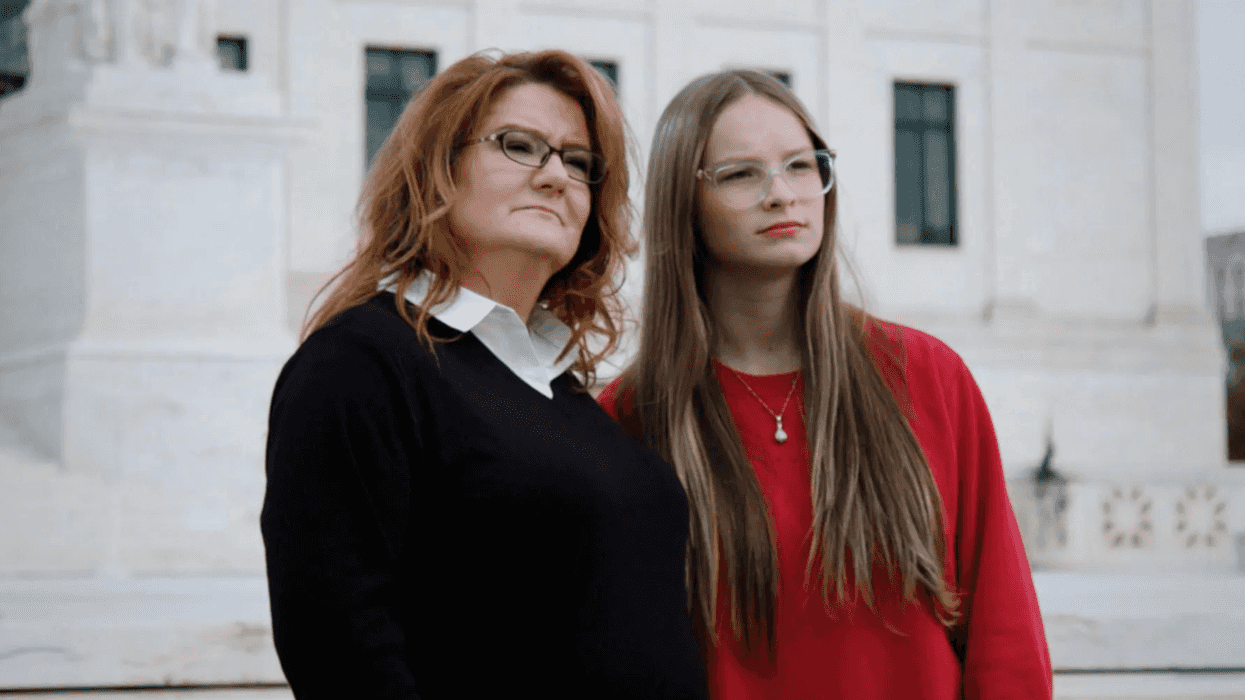On March 5, 2025, the Campaign Legal Center (CLC) — on behalf of the Japanese American Citizens League (JACL), OCA - Asian Pacific American Advocates, the Sierra Club and the Union of Concerned Scientists (UCS) — sued Elon Musk and his so-called U.S. Department of Government Efficiency (DOGE) for acting beyond their power to slash federal funding, dismantle federal agencies and fire federal employees.
Decisions regarding how the federal government spends its money lie with Congress. Elon Musk’s unchecked power throughout the federal government is a lawless threat to our democracy.
Neither Musk nor DOGE have the lawful authority to exercise the sweeping power that they currently wield in the federal government. However, since President Trump created DOGE and placed Musk at its helm, Musk has exercised significant unconstitutional authority and taken control over our agencies and our funding systems. This illegal and reckless control over the federal government has upended the lives of countless individuals, both within the United States and abroad.
“Our system of checks and balances does not permit the president or an unelected megadonor to unilaterally control the federal budget. Americans must be protected from destructive, illegal and unconstitutional DOGE actions,” said Trevor Potter, president of Campaign Legal Center. “Elon Musk, the president’s biggest political donor, is recklessly interfering with the work of the federal government, threatening our safety and our well-being. For the sake of our clients and preserving democracy, we call for an immediate end to this unconstitutional power grab.”
“JACL joins this lawsuit to stop DOGE from making reckless cuts that will directly impact national historic sites under the National Park Service that are among those where over 125,000 Japanese and Japanese Americans were unjustly incarcerated during WWII. These sites honor those who were incarcerated and serve as a legacy to our children so that future generations of Americans will understand the unfortunate and preventable capacity for our government to act maliciously against a group of people such as ours,” stated JACL Executive Director, David Inoue. “We invest in our future through our children, and elimination and endangerment of education programs will directly impact many of our own members. Japanese Americans are especially fond of a saying in Japanese, ‘Kodomo no tame ni,’ which means ‘For the sake of the children.’ This is why we join this action today."
“The reckless budget cuts at the Department of Education are a direct assault on Pell Grant recipients, student organizations, and AANAPISI institutions that are vital to advancing educational equity,” said Thu Nguyen, Executive Director of OCA - Asian Pacific American Advocates. “Education is the gateway to opportunity — the heart of the American Dream — and these cuts threaten to block that path for countless students. Instead of opening doors for students, DOGE’s action at the ED are slamming them shut, and putting the future of countless young people at risk.”
“American families are already feeling the effects of Donald Trump and Elon Musk’s careless and illegal cuts to our federal workforce. Firefighters and forest management staff have been dismissed as families remain on edge from the threats wildfires pose. Families wanting to enjoy our national parks, forests and monuments are being welcomed with closed signs, long lines and unmaintained trails — before the parks’ busiest season has yet to begin. Without the workers to staff and support our public lands, communities will face more dangerous and deadly fires, park visitors will face unsafe conditions, and local economies that rely on national parks will struggle. Only Trump and Musk would try to threaten America’s best idea. We are taking DOGE to court to defend Americans’ ability to safely and freely access the landscapes that unite us," said Ben Jealous, Executive Director of the Sierra Club.
“When the rule of law is compromised and science is sidelined by an unelected billionaire donor, people get hurt. DOGE’s actions have interfered with life-saving research and scientific collaboration on cancer, vaccines, extreme weather and more,” said Gretchen Goldman, president of the Union of Concerned Scientists. “They have pulled funding for job-boosting clean technology initiatives and fired civil servants who enforce laws that protect us from air, water and climate pollution. They have compromised websites and other communications channels, obstructing access to data that the U.S. public has paid for and depends on.”
Americans did not elect Elon Musk, and an unelected megadonor should not be able to pick and choose which critical agencies can continue to serve the public or which policy priorities Congress should fund. The courts must move to hold Musk and DOGE accountable. Musk’s activities as DOGE’s head are illegal and a threat to the constitutionally mandated separation of powers.
Campaign Legal Center is a nonpartisan legal organization dedicated to solving the wide range of challenges facing American democracy. Founded in 2002, CLC fights for every American’s freedom to vote and participate meaningfully in the democratic process.




















